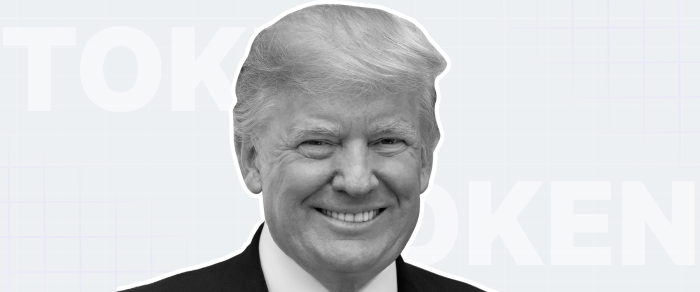Wrapped Bitcoin Lost 1:1 Peg to BTC – What’s Going On?
Last week, a key “wrapped token” was close to collapse, becoming the latest cryptocurrency asset to be severely damaged by the bankruptcy of the FTX exchange a few weeks ago.
Wrapped Bitcoin (WBTC) became the 23rd largest crypto asset, reaching a market capitalization of $3.5 billion. It is an ERC-20 token built on top of Ethereum, the leading network for DeFi and NFTs, and designed to represent Bitcoin in a more versatile way.
A WBTC cryptocurrency allows users to access the Ethereum blockchain and DeFi tools without needing additional instruments. WBTC is a 1-to-1 token with Bitcoin that allows holders of BTC to interact in the Ethereum ecosystem using their existing BTC holdings. This offers an exciting way for traders to use their Bitcoin while exploring the world of decentralized finance.
Over the last 24 hours, more than $88 million worth of WBTC has been traded, as CoinGecko’s data shows. WBTC is a critical component of the rapidly growing DeFi landscape, providing users with a means of borrowing, lending, and trading crypto assets with no third parties involved.
However, last week, the world’s largest wrapped token lost its 1-to-1 value to Bitcoin, according to blockchain data company Kaiko. Due to FTX’s collapse in early November, the price of WBTC has dropped below that of Bitcoin — something that shouldn’t take place if the cryptocurrency’s price is pegged 1-to-1 to BTC.
“The largest wrapped version of Bitcoin on the Ethereum network, WBTC, has traded at a persistent discount to BTC since mid-November, dipping to -1.5% on Friday,” the company’s blog stated on Monday.
“While one WBTC should always be redeemable for one BTC through official merchants, the token also trades on open markets, which means its price relative to BTC can fluctuate.”
The company reports that Twitter charts showing a bankrupt trading company Alameda Research being the top spot for WBTC merchants scared away investors who feared the token might not be backed by BTC. According to Kaiko, this is not true, as on-chain verification confirms the asset’s reserves.
Alameda Research, the trading company founded by former FTX CEO Sam Bankman-Fried, has sparked controversy after it was revealed that client money from FTX had been used to fund the company’s activities. This unsustainable practice has caused both Alameda Research and FTX to experience collapse afterward.
WBTC is mainly held by a crypto custody company called BitGo. Chen Fang, BitGo’s COO, tweeted that rumors of WBTC de-pegging and losing 1-to-1 to BTC are false.
According to Kieran Mesquita, the developer behind Railgun, the DeFi privacy project, de-pegging isn’t a huge deal for now.
“WBTC hasn’t de-pegged significantly (~2% at its peak, which was quickly restored); until that happens, it will still continue to function as a way to bring Bitcoin into DeFi on Ethereum,” explains the developer.
Currently, WBTC is back pegged with Bitcoin, which is good news for investors in the DeFi sector, Kaiko noted.
Mesquita, however, said WBTC losing its 1-to-1 value to BTC could result in a more decentralized ecosystem since its main custodian, BitGo, is centralized. “Longer term, if WBTC doesn’t regain confidence, then it will likely be replaced by a more decentralized alternative,” he explained.



